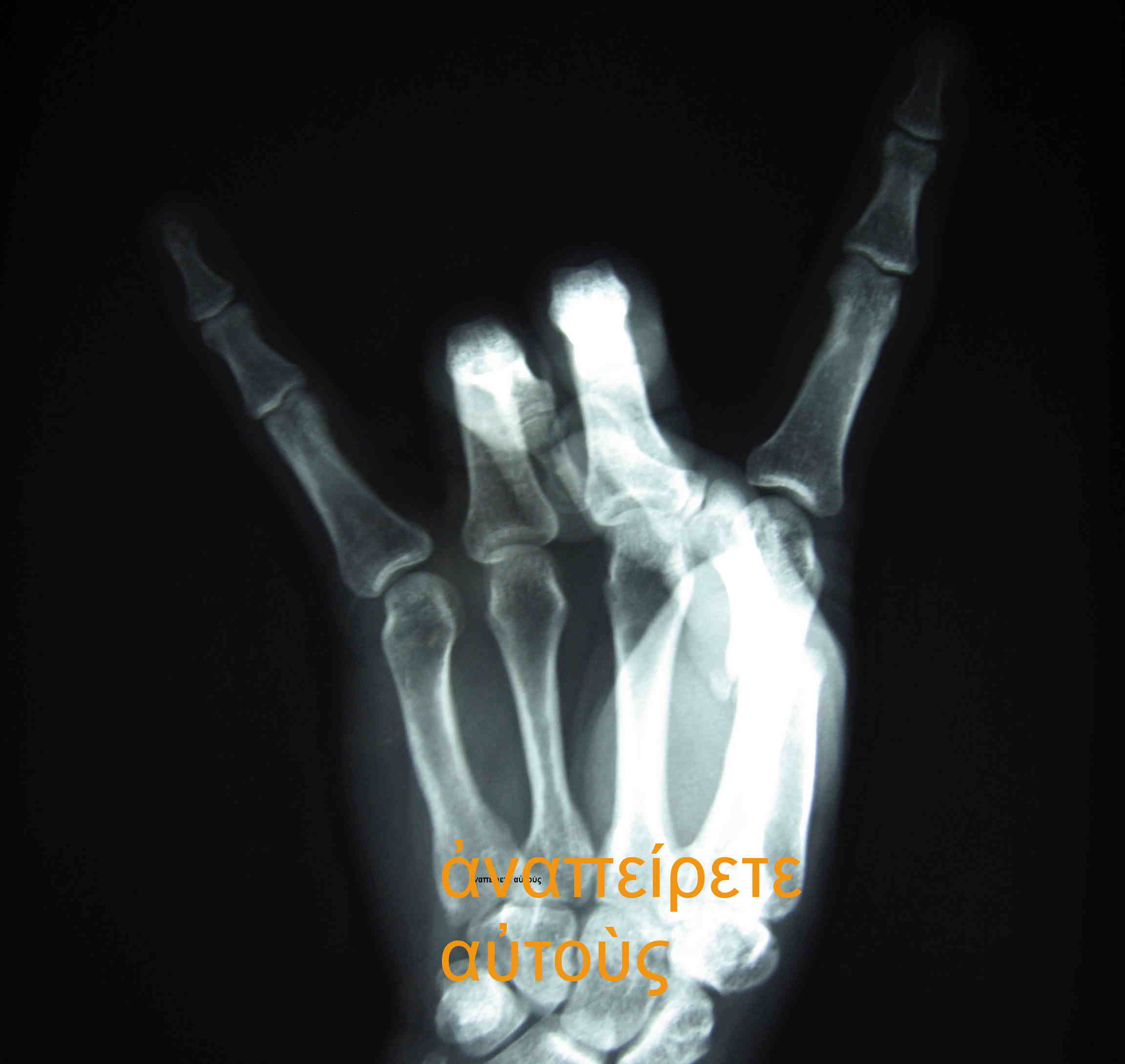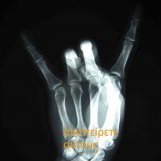The list of HFCs who show up and dominate immediately and consistently wherever they go at any level is vanishingly small. Heck, guys around here even trash Saban, saying he only won because of his bag game, or that he doesn’t have it anymore. Sometimes this board discussing coaching feels like aggy and their QB— the next one is awesome, just wait and see!
I view Sober Steve as similar but yet a distinct coach from Saturday Night Steve. He has been criticized for losing games in which ref chicanery is acknowledged and for abandoning the run against a team that sold out to stop it. He has been called 7-win Steve for only following up a 5-win season with 8 (again, with ref shenanigans etc as a headwind). I don’t know to what degree he sticks with things, chooses things, or abandons them for reasons that go beyond the game at hand (developing guys, recruiting, etc).
I’ll eat my words if we only win 8 this season, but I think a lot of people around here are so beaten down by CS, TH, and late Mack, that they are focusing on any perceived negative to the exclusion of what is in front of our faces. Sure, injuries, refs, etc could sandbag us. But we are talented, experienced, and deep. Steve may not be the world’s greatest game day coach, but those mentioning coach O are right. Some other coaches who’ve won it all include Jimbo and Mack with GD. Sober Steve IMO is at least in their league.
Stop crying and worrying (Godfather act like a man gif).








